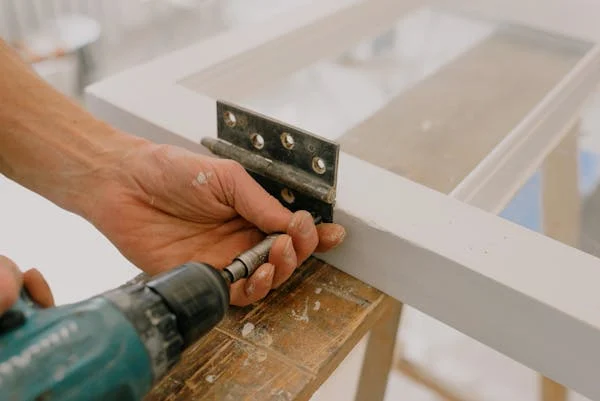When it comes to manufacturing, construction, or even DIY projects, the small components can often make the biggest difference. One such crucial component is the hinge. Whether you’re designing sleek cabinetry, constructing durable doors, or building complex machinery, the quality and reliability of your hinges are paramount. This is why selecting the right Hinge Supplier is essential for ensuring the success and longevity of your projects.
Why Quality Hinges Matter
Hinges are the unsung heroes of many structures and devices, providing the necessary movement and support for doors, lids, gates, and more. High-quality hinges ensure:
- Durability: They withstand frequent use without deforming or breaking.
- Smooth Operation: They allow for easy, quiet, and consistent movement.
- Safety: They hold doors and panels securely, preventing accidents.
- Aesthetic Appeal: Well-crafted hinges can complement the design of furniture and fixtures.
Key Factors to Consider When Choosing a Hinge Supplier
Selecting a hinge supplier is not just about finding a company that offers the right products. It involves considering several critical factors to ensure that you’re getting the best value and performance.
1. Product Range
A good hinge supplier should offer a wide variety of hinges to meet diverse needs. From butt hinges and continuous hinges to concealed hinges and specialty hinges, the supplier should have a comprehensive catalog. This variety ensures that you can find the exact type of hinge required for any specific application.
2. Material Quality
The material used in hinges significantly affects their durability and performance. Look for suppliers that offer hinges made from high-quality materials such as stainless steel, brass, or zinc. These materials provide excellent resistance to corrosion and wear, ensuring longevity even in demanding environments.
3. Customization Options
Every project has unique requirements. A reputable hinge supplier should provide customization options to tailor hinges to your specific needs. This includes custom sizing, finishes, and even bespoke designs. Customization ensures that the hinges perfectly fit and function as intended in your application.
4. Certifications and Standards
Check if the supplier adheres to industry standards and possesses relevant certifications. Compliance with standards like ISO, ANSI, or EN ensures that the hinges meet quality and safety benchmarks. Certifications also indicate that the supplier maintains consistent manufacturing processes.
5. Technical Support and Expertise
A knowledgeable supplier can provide invaluable support, from selecting the right type of hinge to offering installation advice. Look for suppliers with a team of experts who can assist you with technical queries and guide you in making informed decisions.
6. Lead Times and Reliability
Timely delivery is crucial for keeping your projects on schedule. Evaluate the supplier’s lead times and their reliability in meeting delivery deadlines. Reliable suppliers will have efficient logistics and inventory management systems to ensure prompt deliveries.
7. Customer Reviews and Reputation
Research the supplier’s reputation by reading customer reviews and testimonials. Positive feedback and a good track record are indicators of a trustworthy supplier. You can also ask for references or case studies to see how the supplier has performed in similar projects.
Benefits of Partnering with the Right Hinge Supplier
When you choose a reliable and experienced hinge supplier, you gain several benefits:
- Enhanced Product Performance: High-quality hinges improve the overall performance and lifespan of your products.
- Cost Efficiency: Durable hinges reduce maintenance and replacement costs.
- Peace of Mind: Knowing you have a dependable supplier allows you to focus on other aspects of your project without worrying about hinge failures.
- Professional Support: Access to expert advice helps you overcome challenges and optimize your designs.
